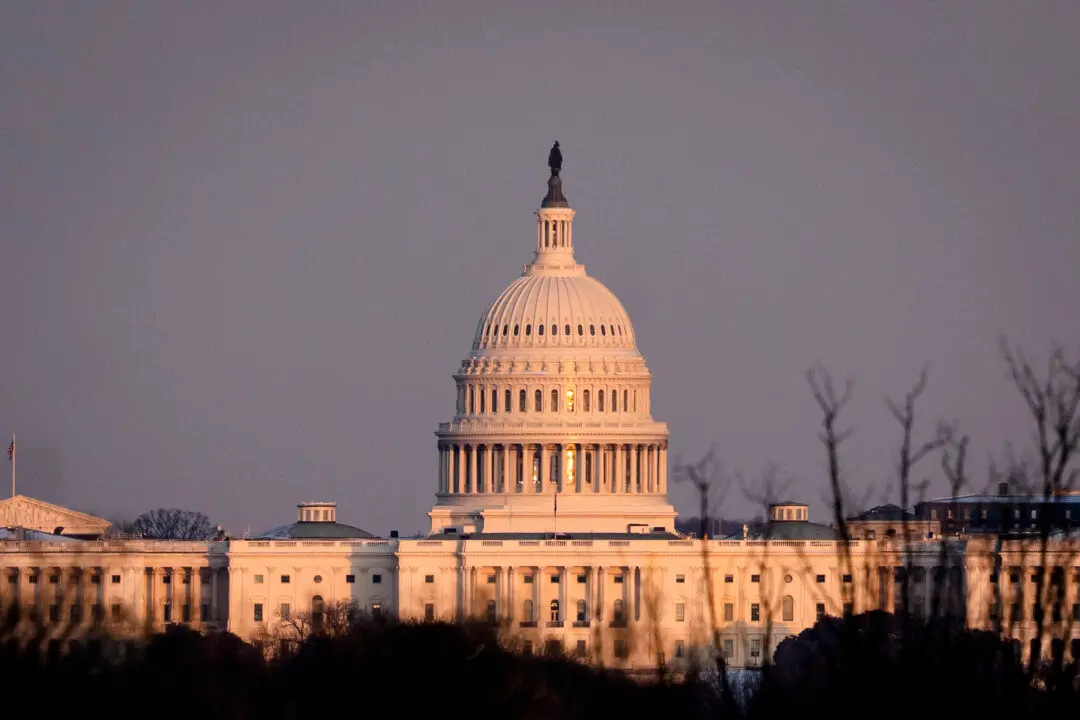The U.S. government is taking an active role as “middleman” for international child trafficking, according to explosive allegations from a whistleblower.
The whistleblower, a federal employee named Tara Rodas who has worked in various government sectors, told The Epoch Times in an interview that she had direct experience with trafficked children while working at a processing facility in Pomona, California. While there, she learned that the program had become a front for a massive human smuggling ring driven by Mexican drug cartels.





